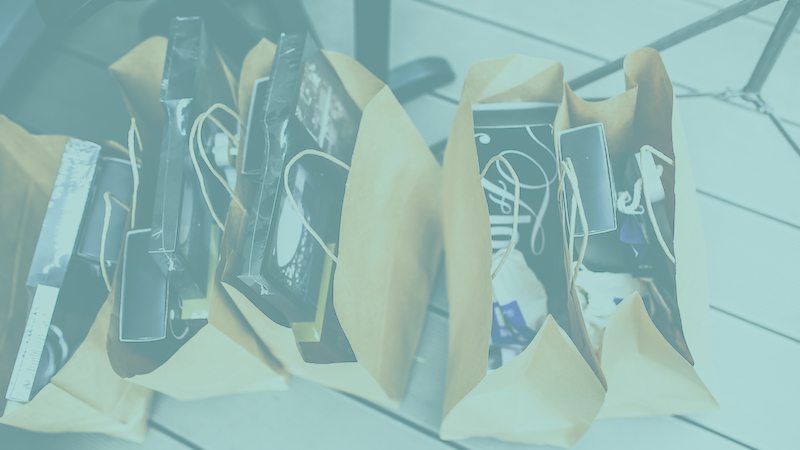Birthday Pricing
Episode #5 of the course Price psychology by Andy Luttrell
My birthday is July 14th (feel free to send gifts), so naturally I have an affinity for the number 14. A lot of times, our birthdays become something of a lucky number, but it turns out that our birthdays are so special to us that they can be a subtle push to make a purchase.
If you were selling a book and you wanted me to buy it, it might do you well to know my birthday. Research suggests that because my birthday is the 14th, I’m more likely to buy your book if it’s $14 than if it’s $12. And if you chose to sell it for $14, I’d be more likely to buy it than someone whose birthday is July 12th.
Our birthdays are special to us; we treat those numbers like magic even though they’re just the random day on which we entered the world. To be honest, if I get a fortune cookie and “14” isn’t on the list of lucky numbers printed on the fortune, I can’t bring myself to believe that the fortune will even come true. All of that time we spend rehearsing our birthdate, though, may make us subtly attracted to that number, even when it appears incidentally.
In one recent study, Keith Coulter and Dhruv Grewal tested the power of birthdays by seeing whether it would impact people’s purchasing decisions. They told some of the people in their study that they could buy a pasta dinner from a local restaurant at a promotional cost of $39.
They told another set of people exactly the same information, but they changed the price just slightly for each person; they included their birthdates in the price. For instance, if the person was born on December 26th, the dinner would cost $39.26. If he or she was born on October 8th, the dinner would cost $39.08. You get the idea.
Finally, to make sure that just adding cents to a price isn’t the deciding factor, they told the final set of people that the dinner cost was $39 and some random amount of cents.
After everyone learned about the promotion, they were asked how likely they’d be to buy the dinner. Compared to people who just saw a $39 price tag and people who saw the price tag with a number of cents that didn’t match their birthdate, the people who saw the price with their birthdate in it were more likely to buy the dinner.
That is, it seems that just matching a price to the individual consumer can be enough to subtly increase purchase decisions.
For other surprising psychological effects surrounding birthdays, check out “You’d Like Me More If We Shared a Birthday.”
Recommended book
“Influence: The Psychology of Persuasion, Revised Edition” by Robert B. Cialdini
Share with friends

